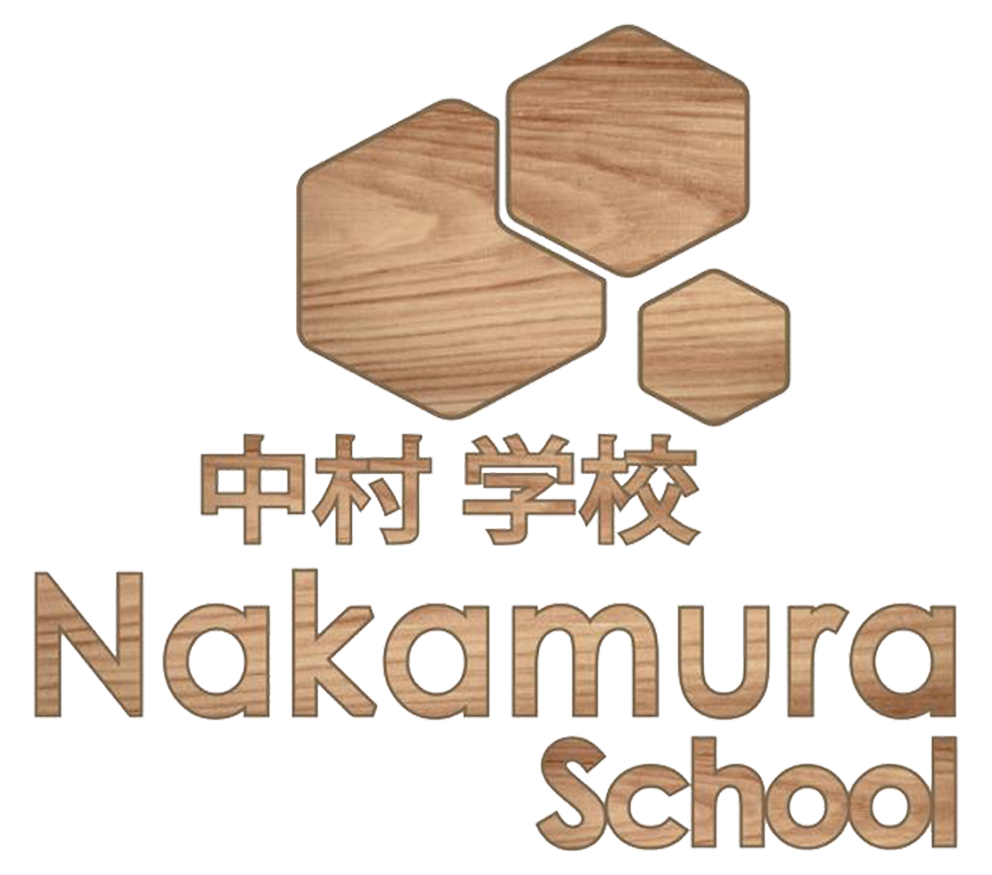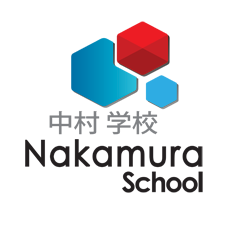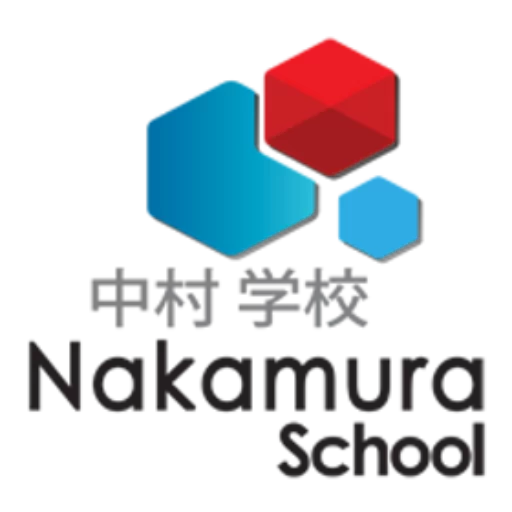PRIMARY SCHOOL
Primary Education Curriculum
At Nakamura School, our Primary School curriculum guides students through a transformative journey of academic and personal growth, preparing them for future success. In the Lower Primary years (Grades 1-3), we focus on building a strong academic foundation while cultivating self-discipline, cooperation, compassion, and positive behavior through positive thinking. Our child-centered approach ensures that each student grows academically, emotionally, and socially, laying the groundwork for lifelong learning.
As students progress to Upper Primary (Grades 4-6), the curriculum evolves to foster a deeper love for learning through diverse academic and technological subjects. We promote resilience, creativity, and independent thinking, helping students develop their personal skills and aspirations. Our inclusive and supportive environment empowers students to take responsibility for their learning, preparing them to confidently pursue their passions and contribute positively to society. At Nakamura School, we are committed to nurturing the whole child, ensuring every student feels valued, challenged, and inspired to reach their full potential.
As students progress to Upper Primary (Grades 4-6), the curriculum evolves to foster a deeper love for learning through diverse academic and technological subjects. We promote resilience, creativity, and independent thinking, helping students develop their personal skills and aspirations. Our inclusive and supportive environment empowers students to take responsibility for their learning, preparing them to confidently pursue their passions and contribute positively to society. At Nakamura School, we are committed to nurturing the whole child, ensuring every student feels valued, challenged, and inspired to reach their full potential.
Project-Based Learning (PBL)
At Nakamura, we emphasize active learning and have introduced PBL (Project-Based Learning). PBL is an active learning method based on problem-solving that encourages independent learning.
To compare, SBL is a subject-based, progressive learning method. In SBL, it progresses sequentially from basics to application and learners cannot work with the goal in mind from the beginning, therefore, the path must be determined by an educator who knows the outcome.
In PBL, larger themes or tasks are given, and the students take the initiative to work on it, make a hypothesis, conduct research and discussions, etc. It fosters independence, initiative, expressiveness, and the ability to think independently.
Since the projects are rather large, they take time to complete, but the students have a great sense of accomplishment and develop a stronger spirit of inquiry. Students communicate and cooperate with each other to solve problems, thereby nurturing acute cognitive abilities and a spirit of inquiry.
To compare, SBL is a subject-based, progressive learning method. In SBL, it progresses sequentially from basics to application and learners cannot work with the goal in mind from the beginning, therefore, the path must be determined by an educator who knows the outcome.
In PBL, larger themes or tasks are given, and the students take the initiative to work on it, make a hypothesis, conduct research and discussions, etc. It fosters independence, initiative, expressiveness, and the ability to think independently.
Since the projects are rather large, they take time to complete, but the students have a great sense of accomplishment and develop a stronger spirit of inquiry. Students communicate and cooperate with each other to solve problems, thereby nurturing acute cognitive abilities and a spirit of inquiry.
Our Syllabus
The Primary School learning program at Nakamura School is thoughtfully crafted, drawing from both the Indonesia Education Standards Authority syllabuses and the Japanese curriculum.
This comprehensive curriculum encompasses several Key Learning Areas, including Moral Education, Japanese, English, Mathematics, Science, Arts and Craft, as well as Health and Physical Education.
Particular emphasis is placed on Moral Education and Arts, as we strongly believe in shaping the students' character and nurturing their creativity.
To foster effective language learning, we utilize a variety of methods such as language exposure, playful activities, games, music, and discovery. These engaging approaches ensure that language acquisition becomes an enjoyable and enriching experience for the students.
This comprehensive curriculum encompasses several Key Learning Areas, including Moral Education, Japanese, English, Mathematics, Science, Arts and Craft, as well as Health and Physical Education.
Particular emphasis is placed on Moral Education and Arts, as we strongly believe in shaping the students' character and nurturing their creativity.
To foster effective language learning, we utilize a variety of methods such as language exposure, playful activities, games, music, and discovery. These engaging approaches ensure that language acquisition becomes an enjoyable and enriching experience for the students.
Our Approach

Interactive Study
Aims to foster active participation, critical thinking, and collaboration among students, creating a dynamic and interactive learning environment.

Enrichment Activities
Engaging in creative projects, such as drawing, painting, and crafting.

Elective Classes
Provides an opportunity for students to explore a specific area of interest, develop new talents, and broaden their horizons.
Primary Subjects
Moral
Guiding students to embody respect, empathy, and responsibility through daily habits and value-based lessons that strengthen character and community awareness.
Unity of Inquiry
An interdisciplinary, theme-based approach that encourages curiosity, critical thinking, and connection-making across subjects, fostering holistic understanding.
Health & Physical Education
Supporting students’ physical, emotional, and social well-being through daily movement, team games, and lessons in healthy habits and discipline.
Reading & Writing
Strengthening foundational literacy through structured reading and writing practices that build comprehension, creativity, and written expression.
English
Empowering students to communicate effectively through speaking, listening, reading, and writing activities that support global literacy.
Bahasa Indonesia
Fostering national identity, cultural appreciation, and effective communication through the study and use of Indonesia’s official language.
Pancasila
Instilling the values of Indonesia’s foundational philosophy—belief in God, humanity, unity, democracy, and justice—through age-appropriate discussions and reflection.
Japanese
Introducing Japanese language and culture to develop global awareness, discipline, and appreciation for diverse worldviews.
Kaiwa
Focusing on practical conversational skills in Japanese, building confidence in spoken communication and everyday language use.
Math
Building strong numeracy, logic, and problem-solving skills through real-world applications that promote confidence and critical thinking.
Soroban
Sharpening concentration, memory, and mental calculation through the traditional Japanese abacus, supporting both academic excellence and cognitive development.
Sciences
Developing inquiry skills and a love for discovery through hands-on experiments and observations that help students explore the natural and physical world.
Social Studies
Exploring historical, political, and cultural systems to build critical awareness and informed perspectives on society.
Computer Science
Introducing digital literacy, problem-solving, and basic coding skills to help students navigate technology safely and creatively.
Fine Arts
Promoting creativity, focus, and self-confidence as students explore different artistic media and techniques to express their thoughts and feelings.
Music
Encouraging self-expression and joyful learning through singing, rhythm, and instrumental exploration that support emotional and cognitive growth.
Religions
Providing respectful, values-based religious education according to each student’s faith tradition, promoting understanding, reflection, and spiritual growth. We teach Catholicism, Protestantism, Islamism, and Buddhism.



